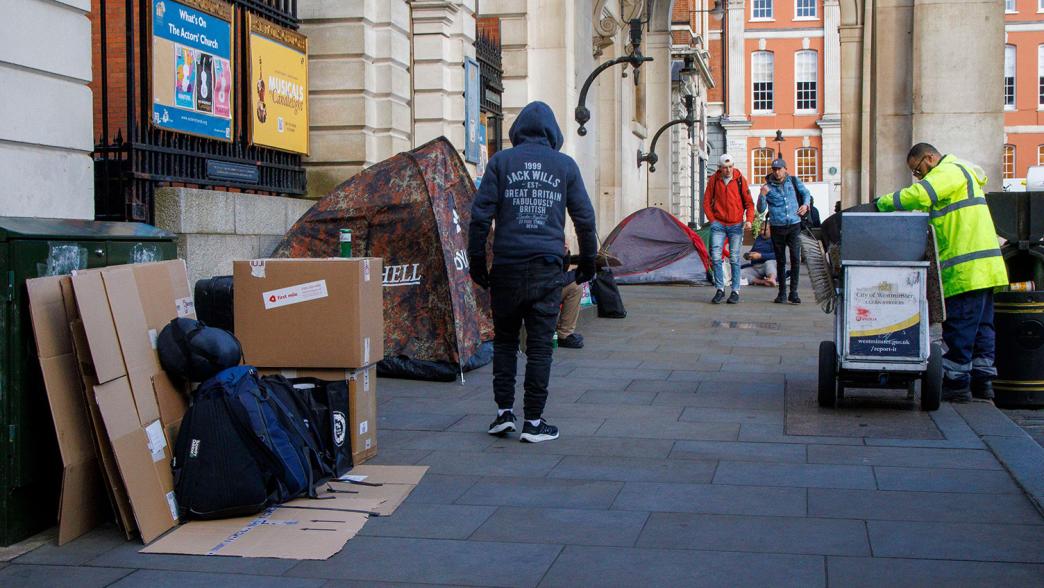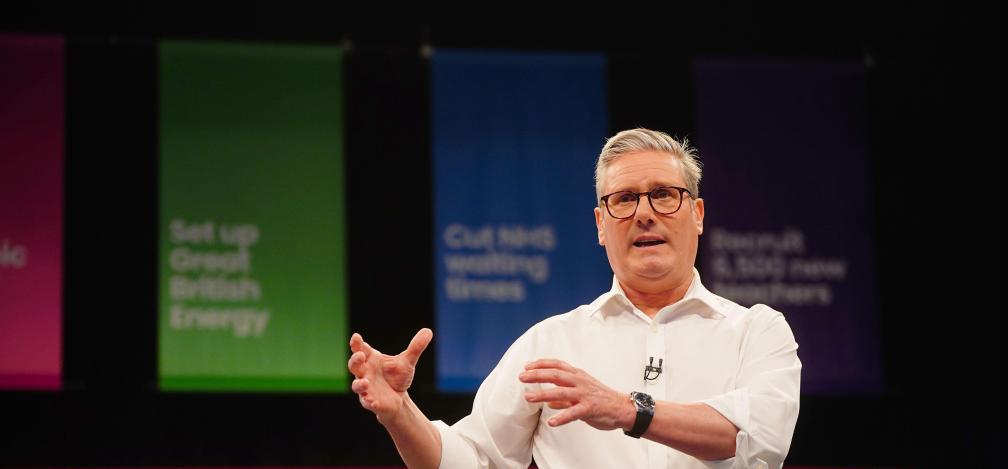What Angela Rayner’s new homelessness unit can learn from New Labour
Tackling homelessness is a difficult challenge – but there are ways to succeed.

If a future Labour government is to make headway in tackling homelessness then, says Emma Norris, it should study the success of the last Labour government in tackling this complicated policy problem
General election 2024: What is in the Labour manifesto?
Watch online for expert reaction and analysis from the IfG team as Keir Starmer launches the Labour manifesto.
Register to watch online